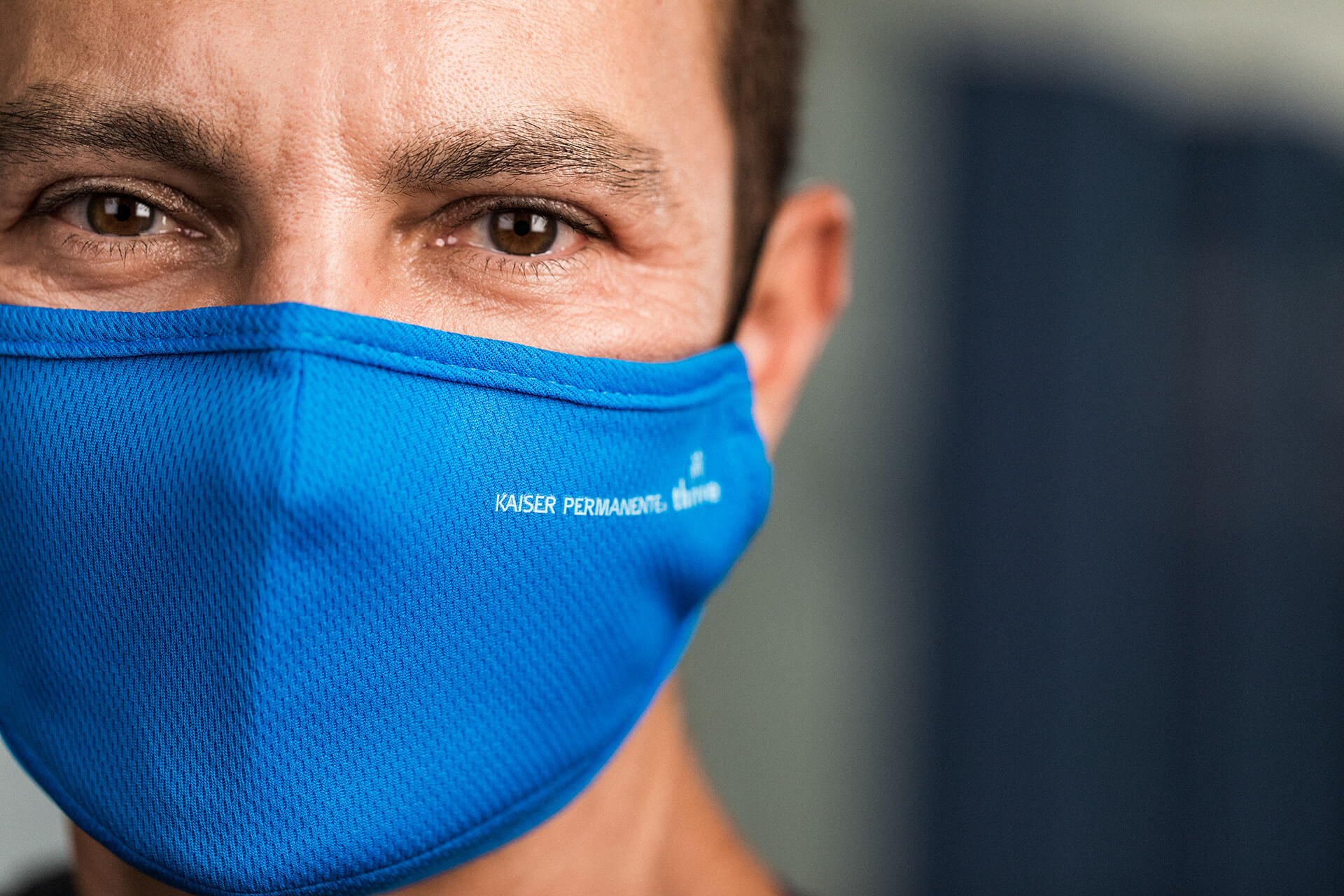The following projects were recently approved to use KP Research Bank information.
Investigating the Risk of Endometrial Cancer
Excess weight puts people at risk for certain cancers, and the number of people who get these cancers is going up, along with the obesity epidemic. Up to half of all women who develop cancer in the lining of the womb or uterus (endometrial cancer) carry excess weight. While Pap smears can find cervical cancer early, we currently do not have good ways to test for endometrial cancer or precancer so it can be found and treated early.
Using Kaiser Permanente’s electronic health record, scientists will look for endometrial precancer or cancer diagnoses and treatment and identify characteristics, such as obesity, that increase the risk of getting this disease. Scientists will use KP Research Bank survey data on lifestyle habits, such as exercise and diet, to see if these habits impact the risk of developing endometrial precancer or cancer. They will also be able to identify which women may benefit the most from endometrial cancer screening to help doctors detect and find changes (precancerous cells) in the lining of the womb or uterus that can be treated before they turn into cancer.
Using the Electronic Health Record and Genetic Data to Improve Outcomes for People with Lumbar Spine Disorders
Low back pain and other lumbar spinal disorders cause people more disability than any other health condition. Lumbar spinal disorders are the third leading cause of health care costs. This is in large part caused by spine surgery, including surgery that doesn’t improve a person’s well-being. A major problem with spine care is that doctors don’t know which people with a lumbar spinal disorder are more likely to recover without surgery. The goal of this project is to develop precision medicine approaches that will help Kaiser Permanente members and their health care teams make informed decisions about non-surgical and surgical treatment for lumbar spine disorders. First, scientists will develop models using information from the Kaiser Permanente electronic health record and members’ genetic risk profiles to predict low back pain-related outcomes, including whether or not spine surgery would be a good option. Second, scientists will test the models they develop using separate groups of people to ensure the models are accurate. These findings may ultimately inform development of electronic tools that can be used to help patients and doctors make better decisions when deciding about treatment for lumbar spine disorders.
How genes, pre-existing health conditions, and personal characteristics may impact the severity of COVID-19
The coronavirus (COVID-19) caused a global pandemic. Older individuals and those with underlying medical conditions have especially been at a higher risk for hospitalization or death. Communities of color are experiencing disproportionately high death rates from COVID-19. However, most people experience cases that are mild or asymptomatic. Scientists believe that underlying genetic factors contribute to the severity of COVID-19 infection. The purpose of this study is to identify genes that are associated with severe cases of COVID-19 (that result in hospitalization and death) compared to mild cases and those without any symptoms at all.
We hope the results of this study will lead to an understanding of genetic factors associated with COVID-19, and potentially lead to effective treatments of COVID-19 infections. Please refer to the “COVID-19 Research Updates” article in this newsletter for additional details about this study.


